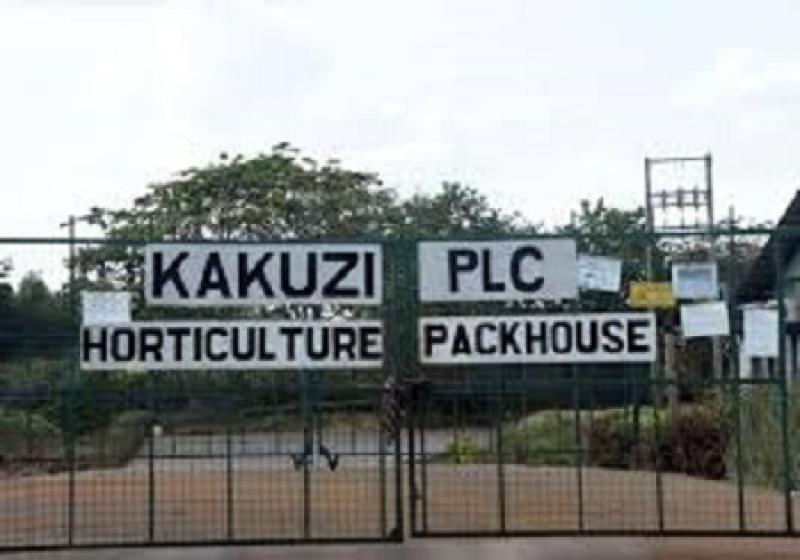Kakuzi attributes decline in earnings to lower global market prices. Agricultural firm Kakuzi expects its earnings for the full year ended December 2021 to fall to levels seen at least six years ago on the back of reduced avocado exports and depressed prices.
The Nairobi Securities Exchange -listed firm issued a profit warning yesterday, signalling that its full-year earnings will fall by at least a quarter.
The profit warning is despite the half-year results to June 2021 having been relatively steady, falling from Sh285.9 million to Sh276.7 million and indicating that its woes relate to the second half.
Kakuzi in 2020 posted Sh622.03 million and the profit warning means the earnings will not be above Sh466.53 million — a level that only beats the Sh459.7 million posted in 2015. The firm’s chairman Nicholas Nga’ng’a attributes the profit warning on an 18 per cent fall in avocado production due to biannual bearing — a phenomenon where an unusually heavy crop in one particular year is followed by a year of low production.
The decline in earnings is also due to lower global market prices in Kakuzi’s European markets amid low consumption trends due to the Covid-19 disruptions. “This is due to an oversupply of fruit from Peru and Columbia which impacted prices during the same period that our fruit was also in the market,” said the firm.
Avocado accounted for 64 per cent of Kakuzi’s sales in 2020, highlighting the concentration risk and commodity price risk the firm faces as the price fluctuates. “The board is stepping up the execution efforts on our product diversification strategy, which is of critical importance. This strategy aims to mitigate the global market volatility and overreliance on any one product,” said Ng’ang’a.
The firm has not entered into any derivative transactions to limit commodity price risk that also extends to other crops including tea and macadamia.
Kakuzi for instance said if commodity prices had fallen by five per cent in 2020, profit after tax would have fallen by Sh196.8 million or 31.6 per cent.
UK supermarkets such as Tesco had suspended supplies from Kakuzi after the alleged assault and sexual harassment at the agricultural firm dating from 2009 to January 2020.
